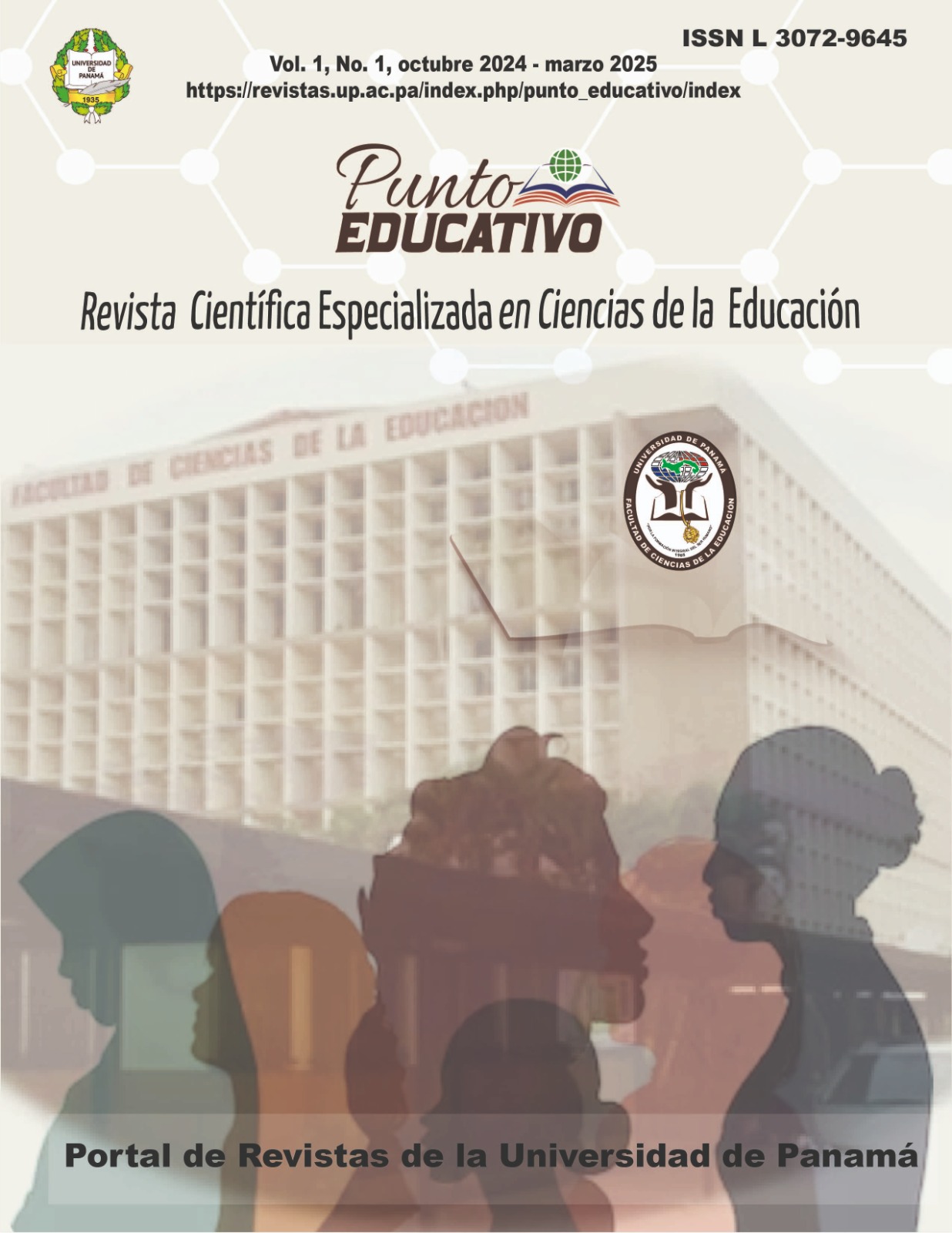

Copyright (c) 2024 PUNTO EDUCATIVO

This work is licensed under a Creative Commons Attribution-NonCommercial-ShareAlike 4.0 International License.
Pedagogy, first as a doctrinal attempt, and now, as a science, is the most complex and significant structure of the educational sciences. As a doctrine, it accepts the different positions or primary philosophical currents, product of the different Schools of Greek Thought: the hylozoism of Thales of Miletus, the sophism of Pythagoras of Abdera, the pantheism of Parmenides of Elea, the atomism of Leucippus and Democritus, until reaching the three greats of western philosophy: Socrates, Plato and Aristotle and, later, other philosophers who followed the same lines of thought and work. originally, was known as the art of educating children; and today, as a social science, which provides the fundamental bases and guides the delicate mission of educational systems of any kind; it has its own methodological body of research, to achieve its knowledge of man and society and works together with Didactics, as the art of conducting teaching and learning. Pedagogy and, therefore, the educational sciences, are also helped by other sciences and become a systematic and holistic model that covers all aspects of human knowledge. In addition to this, in the first instance, pedagogy and psychology can be considered as the main sciences, because they provide the theory and processes for the achievement of learning in praxis. In addition, as stated above, it is supported by various disciplines that favor educational practices, facilitating a pedagogical-didactic, dynamic and collaborative process, so that desired competencies are achieved from the mastery of knowledge that, as Joseph Novak says, basing its principles on the theory of David Ausebel, so that the student learns to integrate thinking, feeling and acting so that there is significant and relevant learning that leads to achieving knowledge; and, we add, also effective, efficient and practical, for the achievement of the integral development of the student and becomes the full experience of an education in values and, in turn, contributes to the formation of the family as the fundamental basis of society.